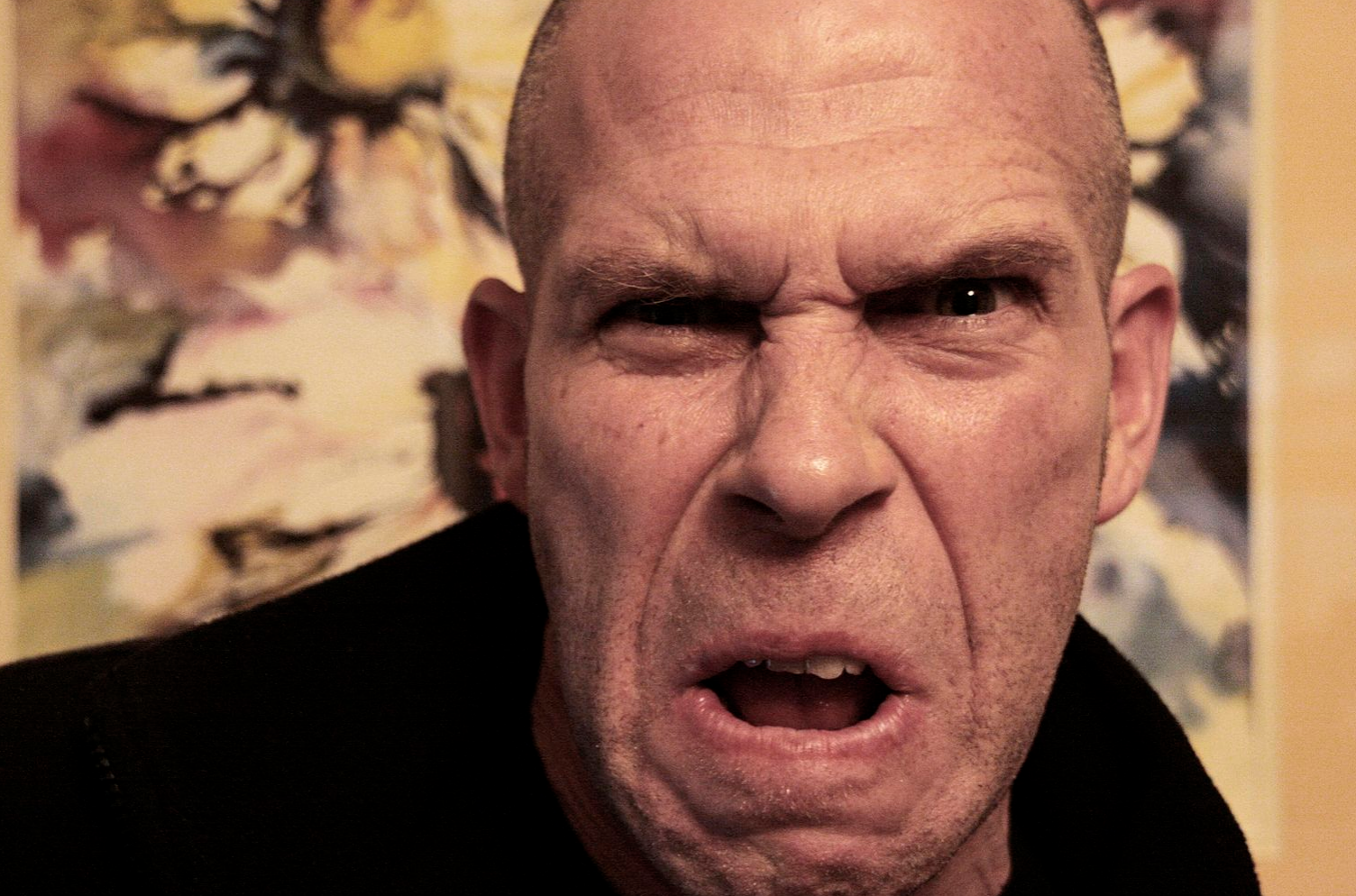There are times when we say ‘Yes,’ but secretly mean ‘Oh no. Do I have to?” We tell ourselves that we’re doing it for someone else’s sake, but when your ‘Yes’ is a weak one, everyone will suffer. To meaningfully accept any request or invitation we must always feel able to powerfully say ‘No!’
Are there any areas of your life where you don’t feel completely able to make a free choice? Perhaps you’re thinking that you never do anything you haven’t chosen to do?
Before you discount this off hand, how about when a colleague asked you to help them over a weekend? When your mother asked you over for lunch, two Sundays in a row? Or when your good friend invited you to celebrate their thirdwedding?

If we feel we can’t say ‘No’ (even if it’s just a feeling, because, of course, we nearly always could) then our ‘Yes’ does not feel like a choice. If it’s not my choice, then I must be doing it because you made me do it. If you made me do it, I am not responsible. You are. The logic is vaguely absurd, but it feels better to us than the truth: I am weak and not my word and what’s more I am going to subtly punish you for making me suffer.
There’s nothing wrong with altruism of course, but when we say ‘Yes’ because we’re too weak to say ‘No, not this time’ or ‘No, not right now’ or just plain ‘No,’ we are effectively handing ourselves a ‘Get Out Of Jail Free’ card, because we’re making our own weak ‘Yes’ mean ‘I am not really responsible for being in the office/ at my mom’s house/ at this wedding’ because he/she/they made me come. I am doing this for them, although I don’t really want to go. I do not have to do my best/ pull my weight/ have a good time. I’ve done more than enough,’ we tell ourselves, ‘just by having said ‘Yes’ when I really didn’t mean it.’
Effectively, a week ‘ Yes’ turns you into a sulky teenage.
How did you behave the last time you agreed to do something you didn’t really want to do? Were you the best version of your adult self, or more like a spoiled teen?
Even after you have sneakily acquiesced, there is still time to rescue yourself and those you care about from the effects of your weak ‘Yes’.
The first option, of course, is for you to own up to the fact that although you love your mother, your good friend or your job, and acquiesced initially in order to please them, you do not have the time/energy/commitment in your life right now to go along with their request. It helps in these situations if you can articulate your underlying commitment to them as a co-worker/son or daughter/ friend. It also helps if you have a counter offer:
‘What I would love to do is to fully commit to being there for you next week/working late next Wednesday/ taking you to dinner to celebrate your wedding next month.’
Only a masochist wouldn’t prefer a fully accountable version of you at a future occasion, rather than a sulky teenager at this one.
The real question is: would you? Would you rather be fully accountable or is it easier for you to make them responsible for the sulky teenager in you? This brings us on to your second option:
You can turn your weak ‘Yes’ into a firm, committed, powerful ‘Yes.’ There is nothing for you to say or do, since they didn’t know your ‘Yes’ was weak in the first place, but the mental shift for you will be huge. It will mean saying to yourself: ‘Even though I originally agreed to do this with the sly belief that I would not have to be fully present, or fully accountable, I am now going to take charge of having a good time; I will be switched on and alive. I am going to make a real contribution and pull my weight, because it is my choice.’
Either way, your colleague, mother or best friend will benefit and I promise you’ll feel more in command. Remember, if you truly don’t feel like they’re worth the extra effort, you owe it to yourself (and them) to just say ‘No.’
Remy Blumenfeld is a creative life coach living in London. He empowers leaders to play the game of life with purpose, grace and ease. Before training as coach, he launched a TV Production company which created dozens of ground breaking, TV shows.



